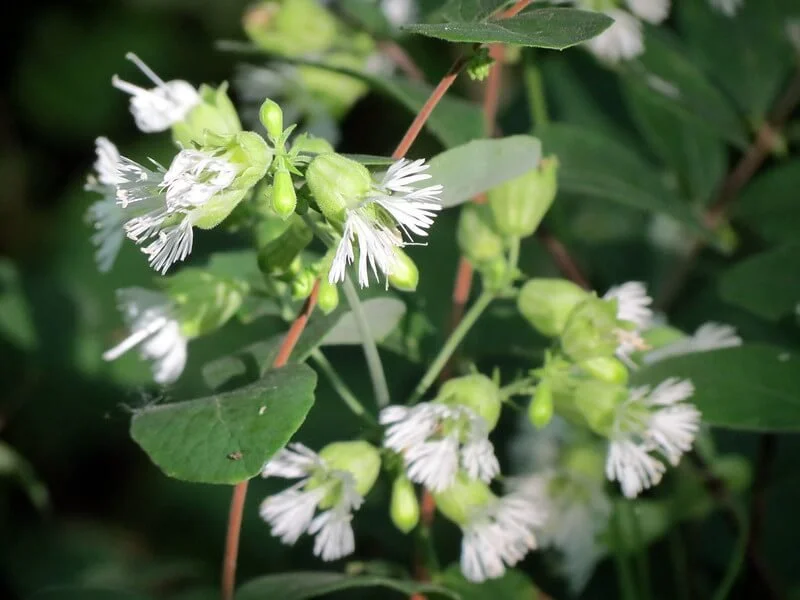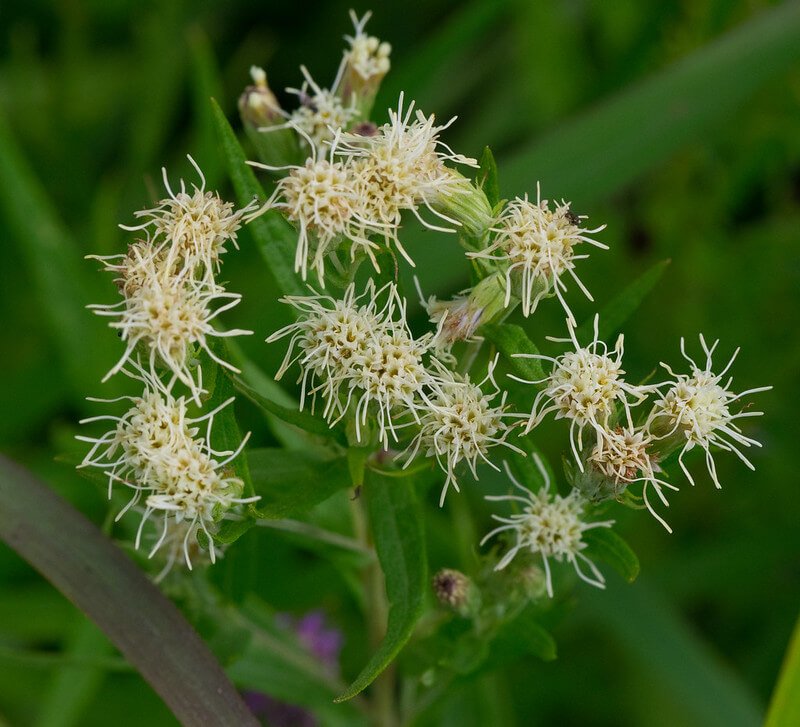Life Cycle: Perennial
Sun Exposure: Full
Soil Moisture: Medium-Wet, Medium, Medium-Dry, Dry
Height: 5 feet
Plant Spacing: 2-4 feet
Bloom Time: July-September
Bloom Color: Yellow
Advantages: Bird Favorite, Pollinator Favorite, Deer Resistant
Host Plant: 6 species of butterflies and moths in our area (Johnson and Colla, 2023)
Specialist Bee: Andrena aliciae, Pseudopanurgus labrosiformis, P. rugosus, Dieunomia heteropoda, Melissodes coloradensis, M. illatus, M. vernoniae, M. wheeleri, Paranthidium jugatorium, Megachile inimica (Johnson and Colla, 2023)
Species of Concern: State Status: Threatened (legally protected). State Rank: Imperiled (mnfi.anr.msu.edu)
Beneficial for Endangered or Threatened Species: Possibly Two-spotted Eucosma (Eucosma bipunctella) (mnfi.anr.msu.edu), Possibly Giant eucosma moth (Eucosma giganteana) (mnfi.anr.msu.edu)
Resource: Johnson, Lorraine, and Sheila Colla. A Northern Gardener’s Guide to Native Plants and Pollinators: Creating Habitat in the Northeast, Great Lakes, and Upper Midwest. Island Press, 2023






